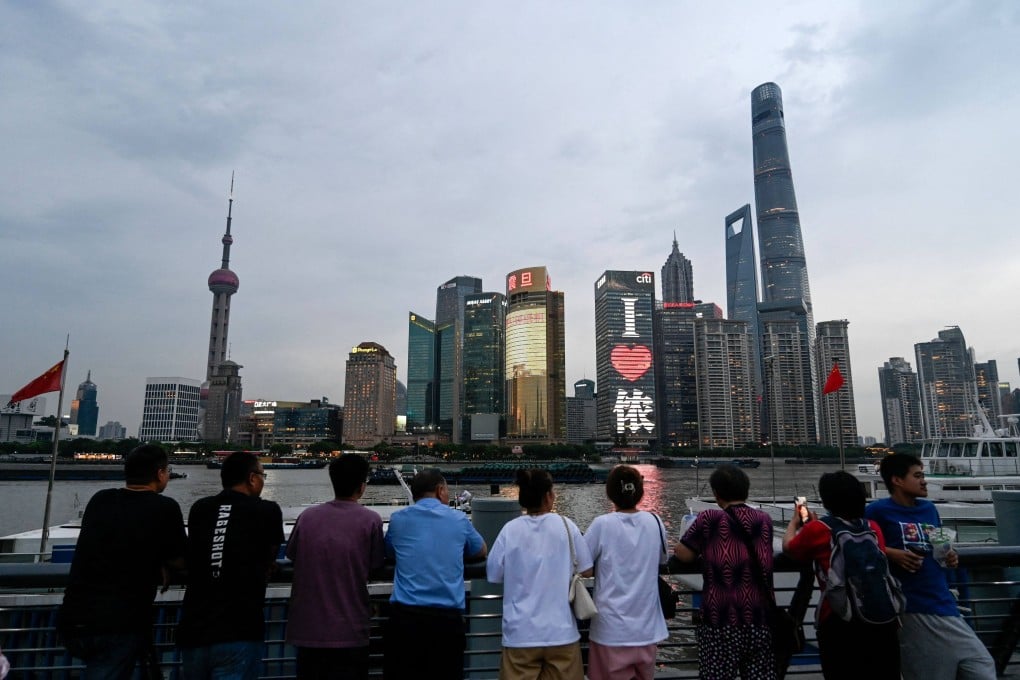Shanghai FDI inflows miss expectations despite end of zero-Covid policy, sparking concern city has lost its allure
- The city, dubbed the ‘dragon head’ of China’s economy, received foreign funds worth US$12.78 billion from January to June
- Shanghai officials have been striving to attract foreign fund inflows after the government ended its zero-Covid strategy

The city, dubbed the “dragon head” of China’s economy, received foreign funds worth US$12.78 billion from January to June, up 7.1 per cent on year, mainly due to a low base in 2022 when a citywide Covid-19 lockdown severely disrupted manufacturing and commercial activities.
Economists had expected the country’s emergence from strict pandemic lockdown measures in January to spur a big year-on-year jump in FDI, with some estimates for growth topping 20 per cent.
“FDI was seen as a major growth driver for the local economy in this year’s first half,” said Ding Haifeng, a consultant at financial consultancy Integrity in Shanghai. “The numbers fall short of expectations and show that foreign businesses are taking a cautious stance on the local, and broader Chinese economy.”
Shanghai’s gross domestic product (GDP) expanded 9.7 per cent in the first half, compared to the city’s full-year growth target of 5.5 per cent for 2023.
The city’s bureau of statistics did not publish specific figures for the value of FDI each sector received in the first six months.